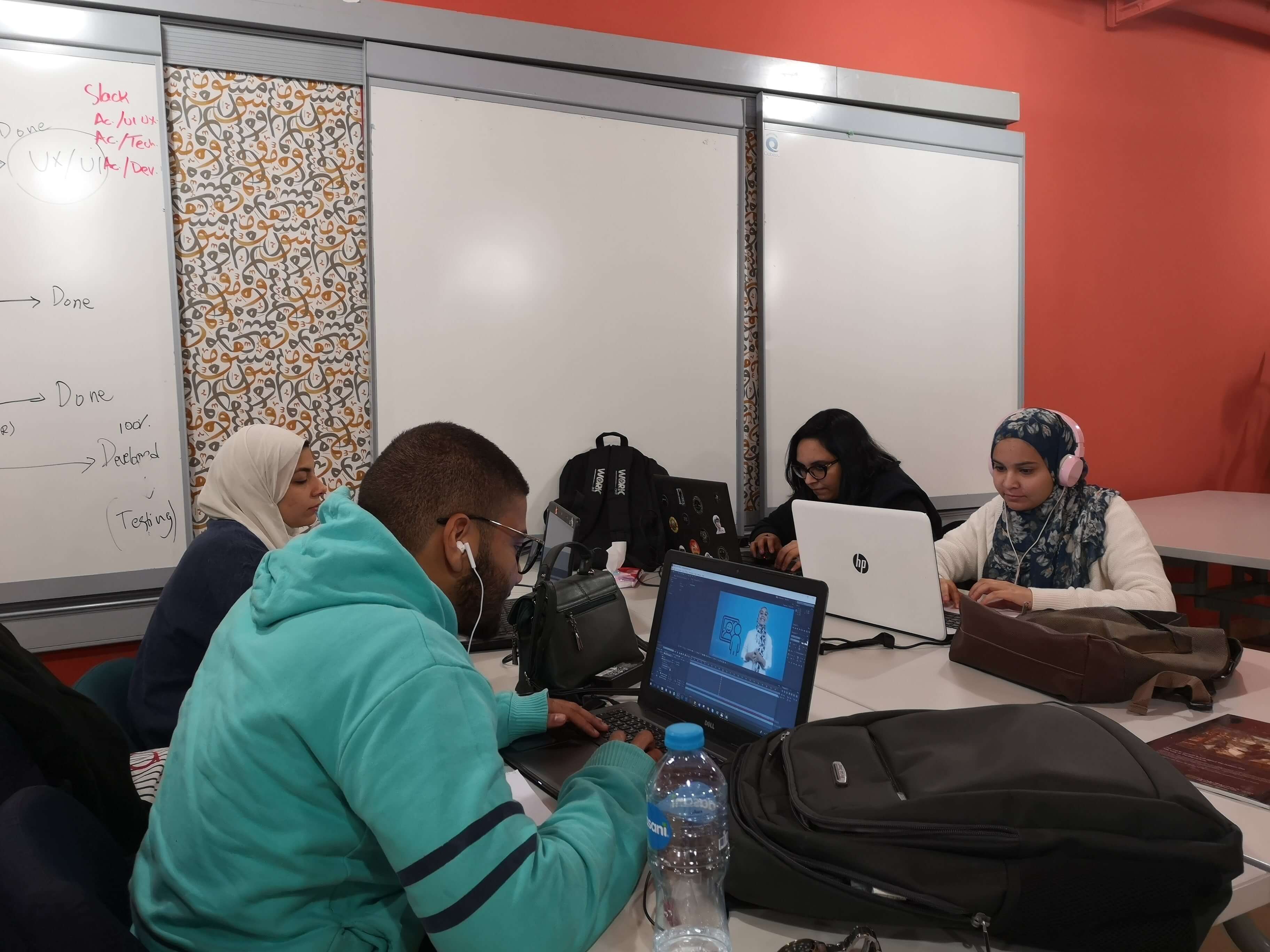For the past three to four years, younger generations and the successors of millenials have started to infiltrate the job market. With fresh blood and advanced technology oozing, corporates need to accomodate a cohort of employees labelled as Generation Z (Gen Z). Additionally, they need to fight to stay relevant in an era characterized by a rise in entrepreneurship and self-employment.
Gen Z is the generation born after 1995; hence, unlike its predecessor (millennials), it grew up with technology at its fingertips.
During a conference titled “Talent in the digital era: Are we ready for Gen Z?”, organized by Edge Innovation Center, in collaboration with ITWORX and Wuzzuf, a number of experts got together to discuss the traits and competitiveness of Gen Z.
What is different about Gen Z and how does it stack up against millenials?
There are four main differences between Gen Z and millennials, as pointed out by human resources organization development, capability building and reward manager at real estate developer Sixth of October Development and Investment Company (SODIC) Hassan Abdel Kahar.
The first difference is the collaborative culture that is treasured by millennials, but less appreciated by Gen Z.
“Gen Z is more into competitiveness and independence. They need a sense of individualism to prove themselves,” Abdel Kahar says, adding that corporates and workplaces need to start catering to the needs of both millenials and Gen Z employees to work together.
The second difference is that the younger generation is “multipotentialite”, meaning that one full-time job is no longer enough for its members, which comes at the cost of loyalty. Other jobs and other interests are part of what Gen Z strives for.
“They need to have their hands in more than one business – whether as an owner, part-timer or freelancer,” he remarks.
In western countries, some corporates have started giving their employees leeway in order to establish their own businesses and explore other fields. In case of failure, they are welcome to return to their jobs.
The third difference is that Gen Z believes in job security because it was born in the era of recession – hence, it is money-conscious. Millenials are different in the sense that they prioritize job experience over financial security.
The last main difference is innovation and the entrepreneurial mindset. Gen Z believes that “if you want to do it right, do it yourself,” Abdel Kahar explains.
Assistant professor of organizational behavior at the American University in Cairo (AUC) School of Business Nellie El Enany explains that an entrepreneurial mindset is equivalent to being happy to work alone, particularly due to the rise of the “gig economy” in which people are allowed to move around freely between jobs.
Goldenberg says that Gen Z is very selective, but not very reactive or responsive, adding that the clear difference between the two generations is that Gen Z lacks the work experience of millenials.
Do corporates need to accommodate Gen Z or change it?
“A company is its talents,” CEO of ITWORX Education Erik Goldenberg tells Business Forward, stressing on the momentousness of attracting the right talent and keeping it.
It is not about changing the new generation but rather harnessing its good side, Goldenberg emphasizes. Gen Z is very tech-savvy and independent – characteristics that corporates should leverage and embrace.
But how can a company retain talent and harness the traits of various generations with different skill sets?
“Companies should incorporate innovation departments, competitions and provide room for innovation. Gen Z should be allowed to plan, design and lead its own projects to become entrepreneurs inside their own companies,” Abdel Kahar expounds.
Goldenberg believes that if corporates want to retain the younger generations, they need to help them grow and connect with their passion. Younger generations could be the agents of change within their organization, helping the nature of the organization become more adaptive.
However, El Enany believes that there is a fine balance between motivating Gen Z through flexible hours, a sense of belonging, a sense of purpose and personal growth and development for instance, and reminding them that they are still employees. “You still want to get out of them what you pay them,” she says. “Corporates should build resilience; it is not a free ride.”
El Enany finally recommends that an active dialogue between universities and employers should take place because character has become more important to companies that just mere grades.









